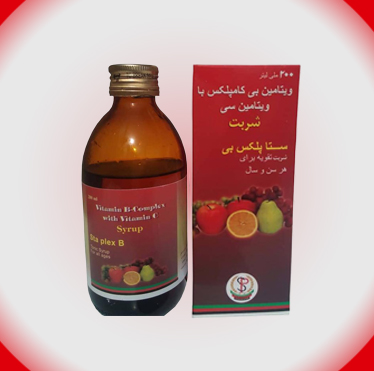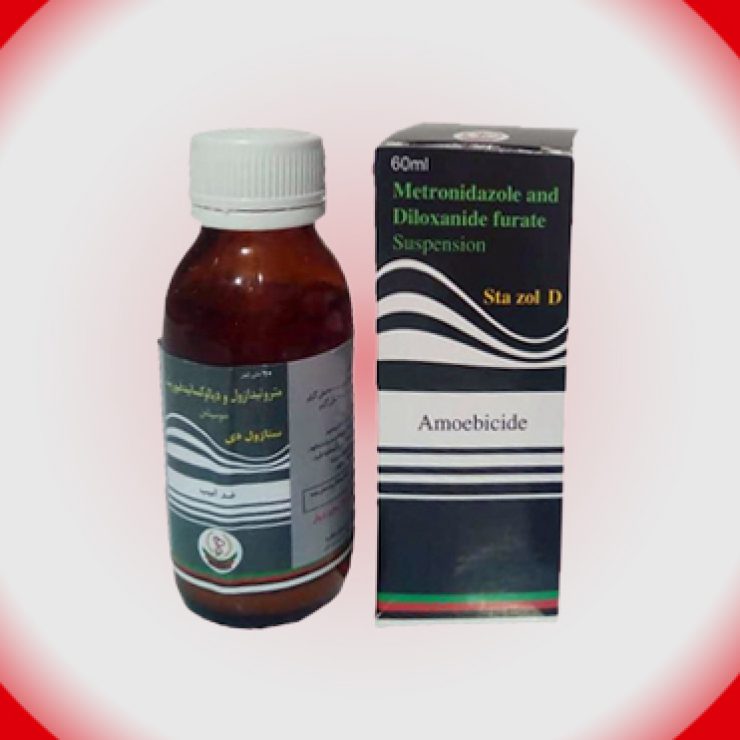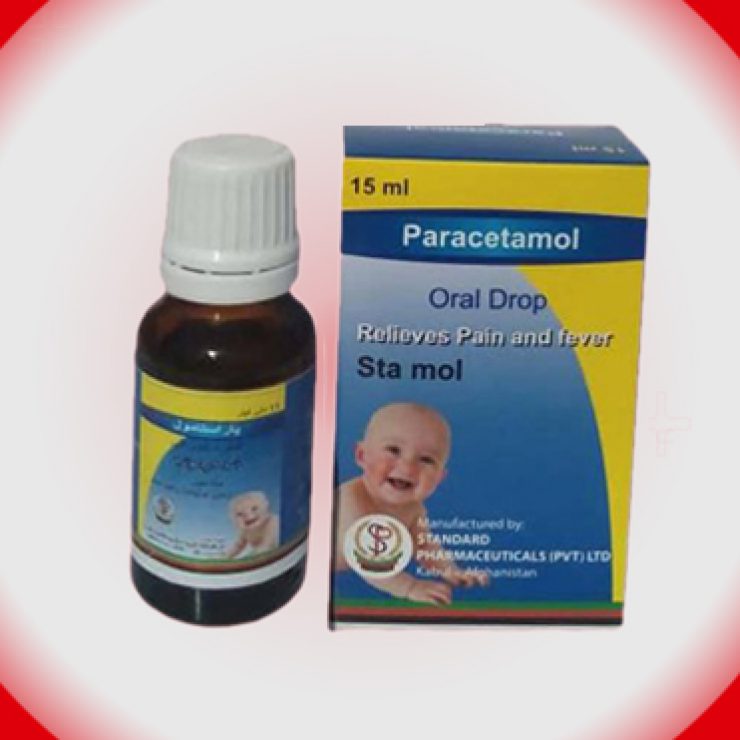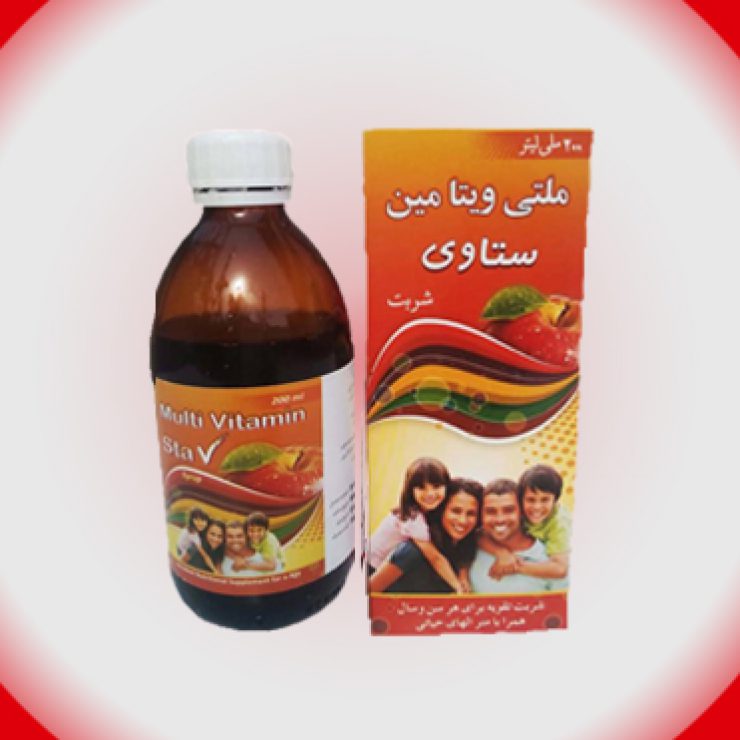
What are vitamins :
Vitamins are substances that our bodies need to develop and function normally. They include vitamins A, C, D, E, and K, choline, and the B vitamins (thiamin, riboflavin, niacin, pantothenic acid, biotin, vitamin B6, vitamin B12, and folate/folic acid)
What is the function of vitamins?
Vitamins are vital for good health, but needed in much smaller amounts than macro-nutrients, like carbs and fats. They’re important for many daily bodily functions, such as cell reproduction and growth, but most importantly for the processing of energy in cells
Vit A:
Vitamin A is a fat-soluble vitamin and an essential nutrient for humans Vitamin A (retinol, retinoic acid) is a nutrient important to vision, growth, cell division, reproduction and immunity. Vitamin A also has antioxidant properties. Good sources of vitamin A · yellow, red and green (leafy) vegetables, such as spinach, carrots, sweet potatoes and red peppers · yellow fruit, such as mango
What is vitamin B?
B vitamins are important for making sure the body’s cells are functioning properly. They help the body convert food into energy (metabolism), create new blood cells, and maintain healthy skin cells, brain cells, and other body tissues. There are many different types of vitamin B.
- thiamin (vitamin B1)
- riboflavin (vitamin B2)
- niacin (vitamin B3)
- pantothenic acid.
- vitamin B6.
- biotin (vitamin B7)
- folate and folic acid.
- vitamin B12.
B1
Thiamine, also known as thiamin and vitamin B₁, is a vitamin, an essential micronutrient, that cannot be made in the body. It is found in food and commercially synthesized to be a dietary supplement or medication Vitamin B1, or thiamin, helps prevent complications in the nervous system, brain, muscles, heart, stomach, and intestines. It is also involved in the flow of electrolytes into and out of muscle and nerve cells.
B2
Riboflavin, also known as vitamin B₂, is a vitamin found in food and sold as a dietary supplement. It is essential to the formation of two major coenzymes, flavin mononucleotide and flavin adenine dinucleotide.
Riboflavin works to reduce oxidative stress and inflammation of nerves, which are contributors to migraine headaches. The vitamin is also needed for normal mitochondrial activities; migraines are sometimes caused by mitochondrial abnormalities in the brain
B3
Niacin, also known as nicotinic acid, is an organic compound and a form of vitamin B₃, an essential human nutrient. It can be manufactured by plants and animals from the amino acid tryptophan
It helps keep your nervous system, digestive system and skin healthy. Niacin (vitamin B-3) is often part of a daily multivitamin, but most people get enough niacin from the food they eat. Foods rich in niacin include yeast, milk, meat, tortillas and cereal grains
B6
Vitamin B₆ is one of the B vitamins, and thus an essential nutrient. The term refers to a group of six chemically similar compounds, i.e., “vitamers”, which can be interconverted in biological systems.
Vitamin B-6 (pyridoxine) is important for normal brain development and for keeping the nervous system and immune system healthy. Food sources of vitamin B-6 include poultry, fish, potatoes, chickpeas, bananas and fortified cereals.
B12
Vitamin B₁₂, also known as cobalamin, is a water-soluble vitamin involved in metabolism. It is one of eight B vitamins. It is required by animals, which use it as a cofactor in DNA synthesis, in both fatty acid and amino acid metabolism. Vitamin B-12 (cobalamin) plays an essential role in red blood cell formation, cell metabolism, nerve function and the production of DNA, the molecules inside cells that carry genetic information. Food sources of vitamin B-12 include poultry, meat, fish and dairy products.
Vit E
Vitamin E is a fat-soluble vitamin with several forms, but alpha-tocopherol is the only one used by the human body. Its main role is to act as an antioxidant, scavenging loose electrons—so-called “free radicals”—that can damage cells.
Vitamin E is a nutrient that’s important to vision, reproduction, and the health of your blood, brain and skin. Vitamin E also has antioxidant properties.
Vit C
Vitamin C, or ascorbic acid, is a water-soluble vitamin. … Vitamin C plays a role in controlling infections and healing wounds Vitamin C is an antioxidant that helps protect your cells against the effects of free radicals — molecules produced when your body breaks down food or is exposed to tobacco smoke and radiation from the sun, X-rays or other sources. Free radicals might play a role in heart disease, cancer and other diseases.
Vit D
Vitamin D is a group of fat-soluble secosteroids responsible for increasing intestinal absorption of calcium, magnesium, and phosphate, and many other biological effects. In humans, the most important compounds in this group are vitamin D₃ and vitamin D2 It is a fat-soluble vitamin that has long been known to help the body absorb and retain calcium and phosphorus; both are critical for building bone. Also, laboratory studies show that vitamin D can reduce cancer cell growth, help control infections and reduce inflammation.





